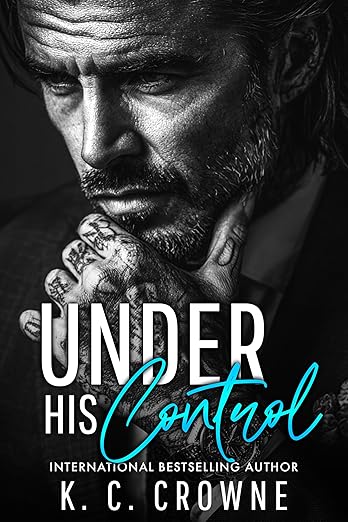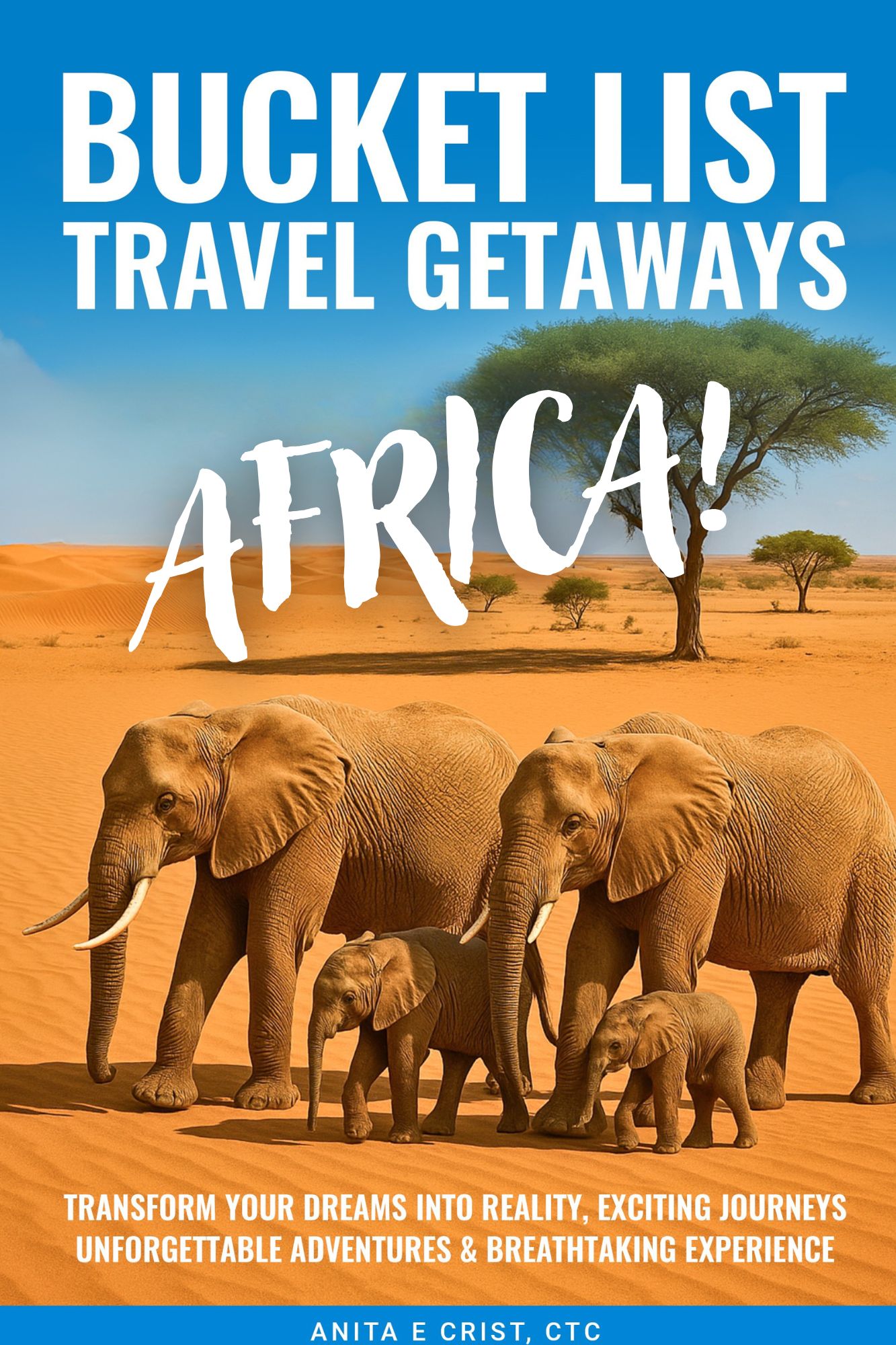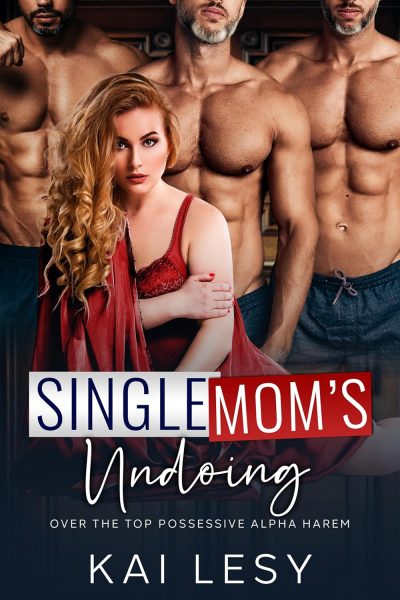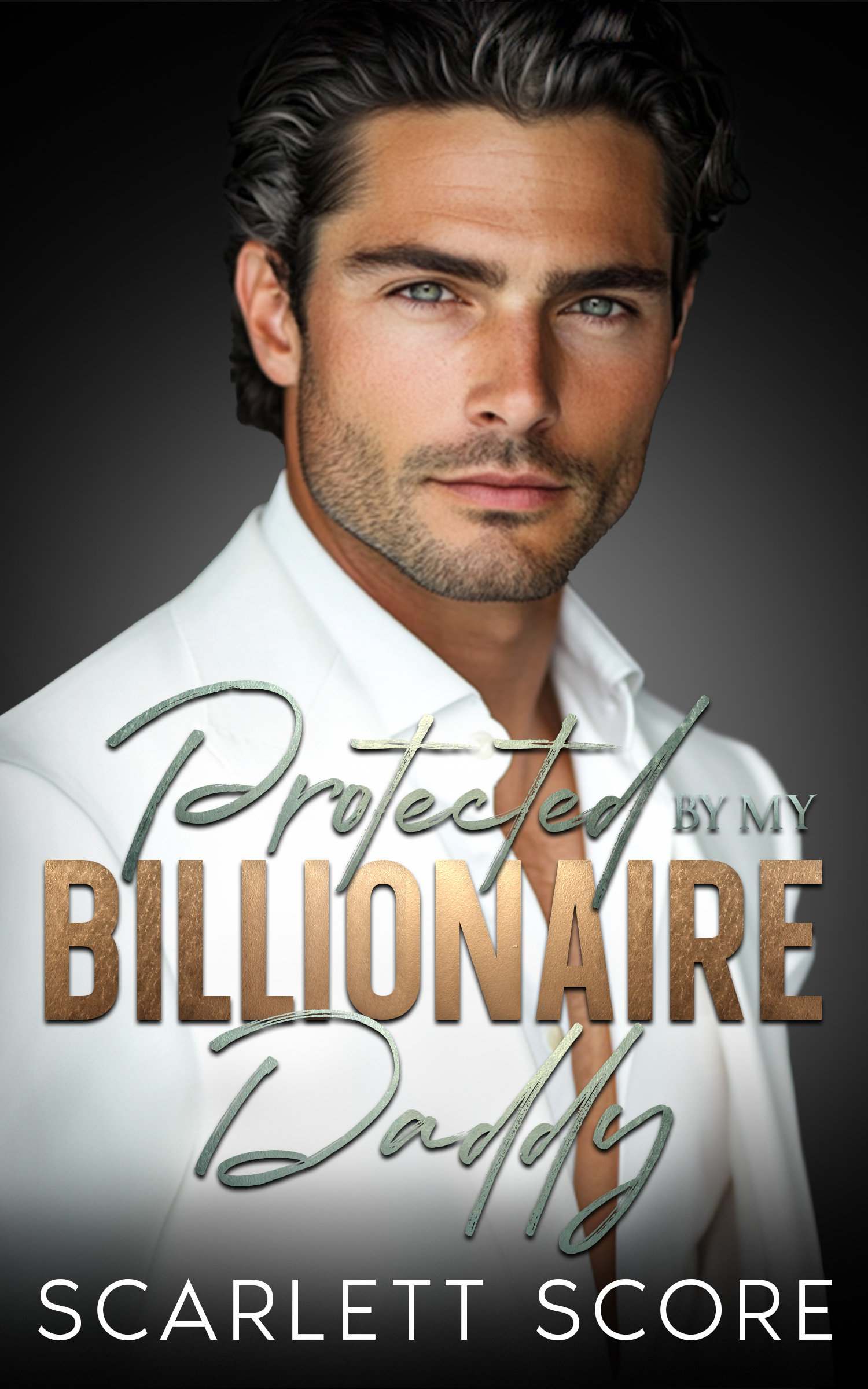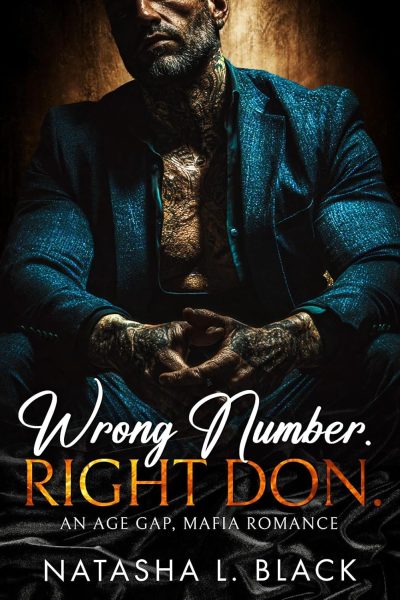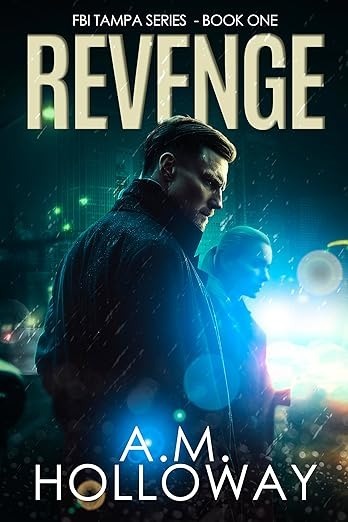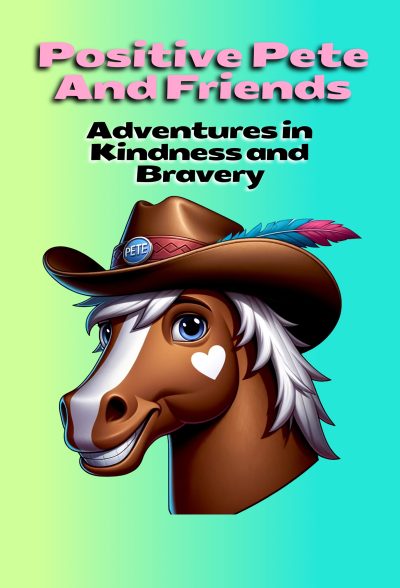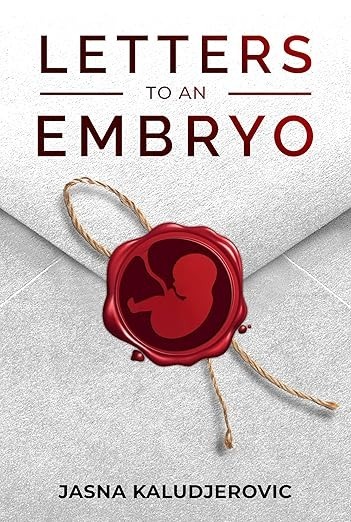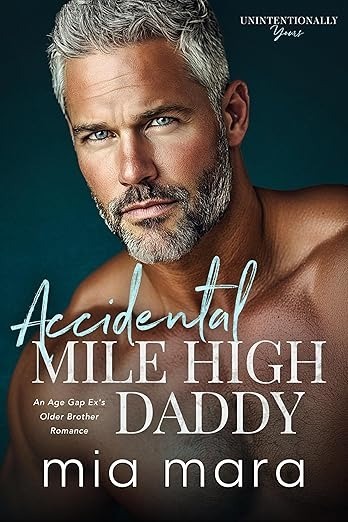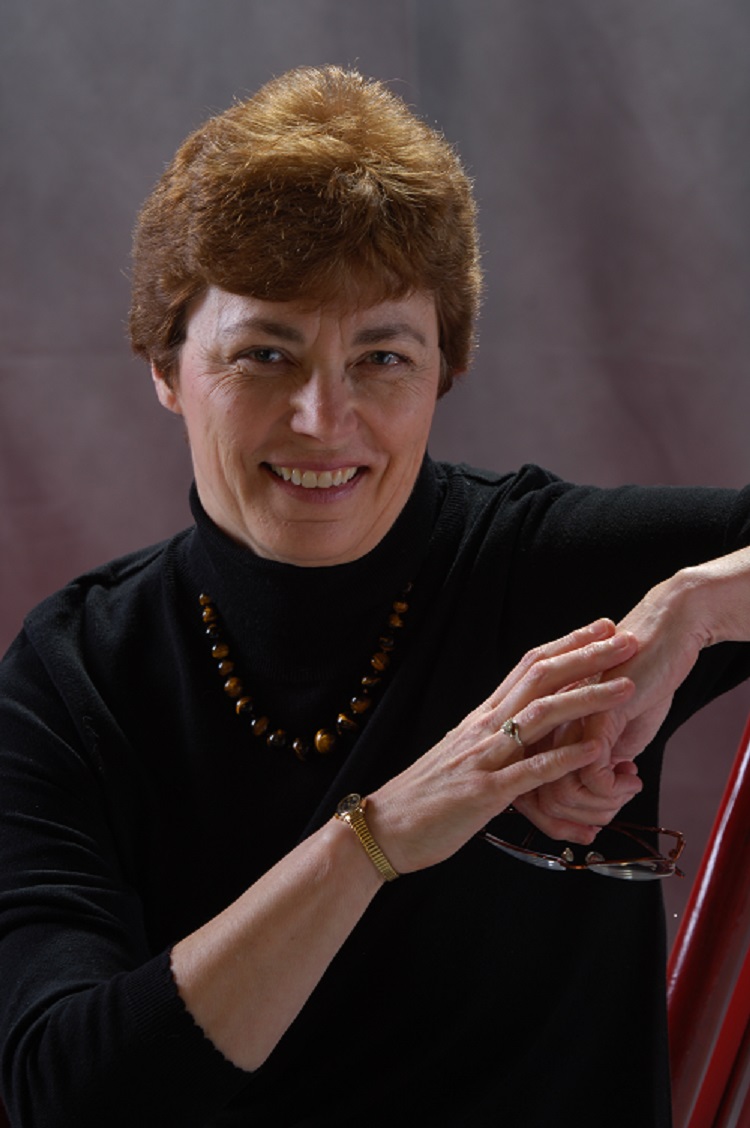Tell us about yourself.:
Soufiane L is a Moroccan writer and designer with a deep passion for storytelling in all its forms. His works span poetry, drama, fantasy, and literary fiction, capturing the raw essence of human emotions. Whether through heart-wrenching novellas, introspective poetry, or thought-provoking short stories, his writing delves into the complexities of life where dreams often slip away, characters face harsh realities, and the beauty of sorrow lingers on every page.
His collection includes:
Human (Novella, 2023) – A profound exploration of identity and existence.
In Hell (Novella, 2020) – A gripping descent into despair and the human condition.
Migrant (Literary Texts, 2022) – A collection reflecting on displacement and longing.
Scars (Emotional Texts, 2022) – A raw and poetic look at pain and healing.
Captive | Rising from the Ruins (Story, 2025) – A tale of endurance and transformation.
Blue & Pink (Stories, 2025) – A deep, emotional exploration of men and women’s struggles.
Nights (Poetry Collection, 2025) – A journey through the depths of sorrow.
Echoes of an Unfinished Truth (Poetry Collection, 2025) – A reflection on lingering emotions and unresolved truths.
Miserable Sorrows (Poetry Collection, 2025) – A melancholic dive into human suffering.
Soufiane’s unique storytelling blends reality with pure emotional expression, often challenging conventional narratives. His characters rarely achieve their desires just as in life, they struggle, suffer, and confront the weight of their choices.
Where did you grow up, and how did this influence your writing?:
I grew up in Morocco and was lucky to experience a quiet time before the internet became widespread. It only appeared when I was a teenager. I started writing in my early teens but didn’t publish anything until 2002 when I created a personal blog. Back then, I used to write reflections, poems, and short prose pieces expressing my thoughts. Writing was, first and foremost, a way for me to express my emotions. But over time, I also wanted to create content that helped people live better lives or cleared up misconceptions. Life pulled me away from writing for a while, but I returned professionally in 2017 when I published my first two short stories in print. That was my real start as a professional writer.
Do you have any unusual writing habits?
Not really. I don’t rely on coffee, moonlight, or any other ritual. When it comes to poetry and short prose, I write whenever inspiration strikes usually triggered by a personal experience or an impactful event. As for stories, I start with an idea, outline a rough plot, and then begin writing. I rarely stick to the outline, but it helps me have a starting point. As the story progresses, the characters and events take on a life of their own, shaping the plot naturally.
What authors have influenced you?
I grew up in Morocco and was lucky to experience a quiet time before the internet became widespread. It only appeared when I was a teenager. I started writing in my early teens but didn’t publish anything until 2002 when I created a personal blog. Back then, I used to write reflections, poems, and short prose pieces expressing my thoughts. Writing was, first and foremost, a way for me to express my emotions. But over time, I also wanted to create content that helped people live better lives or cleared up misconceptions. Life pulled me away from writing for a while, but I returned professionally in 2017 when I published my first two short stories in print. That was my real start as a professional writer.
Do you have any advice for new authors?
Give up if you don’t truly want this. Seriously, if writing is in you, it will always pull you back. Don’t force it. Writing is like life you don’t force yourself to live, you just do.
Also, remember that there are no clear rules for judging literature or creativity. Readers decide what’s good. So focus on your audience, give them your best, and your style and ideas will naturally grow over time.
What is the best advice you have ever been given?
Pretty much what I just told new writers: don’t let negative opinions discourage you. What matters most is that you believe in yourself and find readers who appreciate what you do. Because in the end, they’re the ones who truly judge your work.
What are you reading now?
I’m currently reading a biography of Molière. I’m discovering new sides of him it’s a fascinating story about an extraordinary man.
What’s your biggest weakness?
Mood swings. I can spend months writing non-stop, only to suddenly lose all interest and passion. When that happens, I step away from writing for long periods sometimes months. Because of this, I have many unfinished stories and novels. Once I lose the emotional connection that sparked an idea, it’s hard for me to return to it.
What is your favorite book of all time?
That’s a tough one. But emotionally, I have to go with Confessions by Jean-Jacques Rousseau. It’s an incredible book, and even if it’s not objectively the best, it left a deep mark on my soul. So, for me, it’s the best.
When you’re not writing, how do you like to spend your time?
I work and listen to music. Most of my free time is spent designing and listening to songs.
Do you remember the first story you ever read, and the impact it had on you?
The first story I read was in a literary magazine, though I can’t recall its title. It was about a man receiving a letter from his lover while waiting for her. The story was dark and strange, yet I was completely drawn to it. It left a lasting impact on me because of its writing style. I love stories with minimal characters and simple events but deep emotional impact. That’s the approach I took when writing Insan and The Captive both of which I’m very proud of. My short story collection Pink and Blue also follows that style. That first story still influences me to this day, like a beautiful curse.
What has inspired you and your writing style?
My style is shaped by personal experience and constant experimentation. In poetry, I focus on honest emotional expression, while in stories, I aim for a cinematic feel something the reader can fully immerse in. I strive for beautiful, engaging language that makes descriptions enjoyable. Reading also played a huge role. The first story I read had a big impact, not necessarily because it was the best but because it matched my taste. I don’t enjoy overly complex plots with too many characters and conflicts. I believe simplicity is the most powerful storytelling tool.
What are you working on now?
I’m finishing a novel called Autumn Leaves. I started it three years ago, then left it untouched for a long time. Now, I feel like it’s time to complete it the way I always envisioned. It’s a quiet, romantic novel no drama, just a calm and heartfelt story. I hope to bring it to life exactly as I imagine it.
What is your favorite method for promoting your work?
I’ve just started, and honestly, I’m not great at marketing my books. Right now, I’m focusing on writing. Maybe once I finish my pending projects, I can dive into marketing. But I am researching and learning how to promote books properly.
What’s next for you as a writer?
Reaching readers. I’ve spent too much time searching for myself and even more time chasing perfection. Now, I realize that was a mistake. Striving for perfection is an illusion. A writer’s job is to create, not to bury themselves in unrealistic standards set by others.
How well do you work under pressure?
Like I said before, I’m moody. Pressure doesn’t affect me as much as my own mindset does. If I’m in the right mood and passionate about a story, nothing can stop me not even stress or obstacles. But if I’m not feeling it, no amount of external pressure will make a difference.
How do you decide what tone to use with a particular piece of writing?
I usually create an outline and develop the characters' personalities, which naturally shapes the tone of the story. The protagonist’s emotional state is the key factor. For example, in Insan, the dark tone reflects the protagonist’s deep loneliness and alienation from a broken society, with touches of dark humor. There’s a scene where he curses street vendors, humanity as a whole, and wishes everyone would disappear so he could be alone with a waitress. That kind of expression comes from a character so exhausted by life that his only relief is a fleeting, meaningless desire just to feel something.
If you could share one thing with your fans, what would that be?
I’d repeat something I once wrote in a poem to sum up my chaotic and moody nature:
I am a mess of tangled letters and emotions.
A blank page, all margins.
A man who avoids people,
but mingles with the night.
I paint my days in clouds,
and race sorrow with a sigh.
soufiane L’s Author Websites and Profiles
Smashwords Profile

